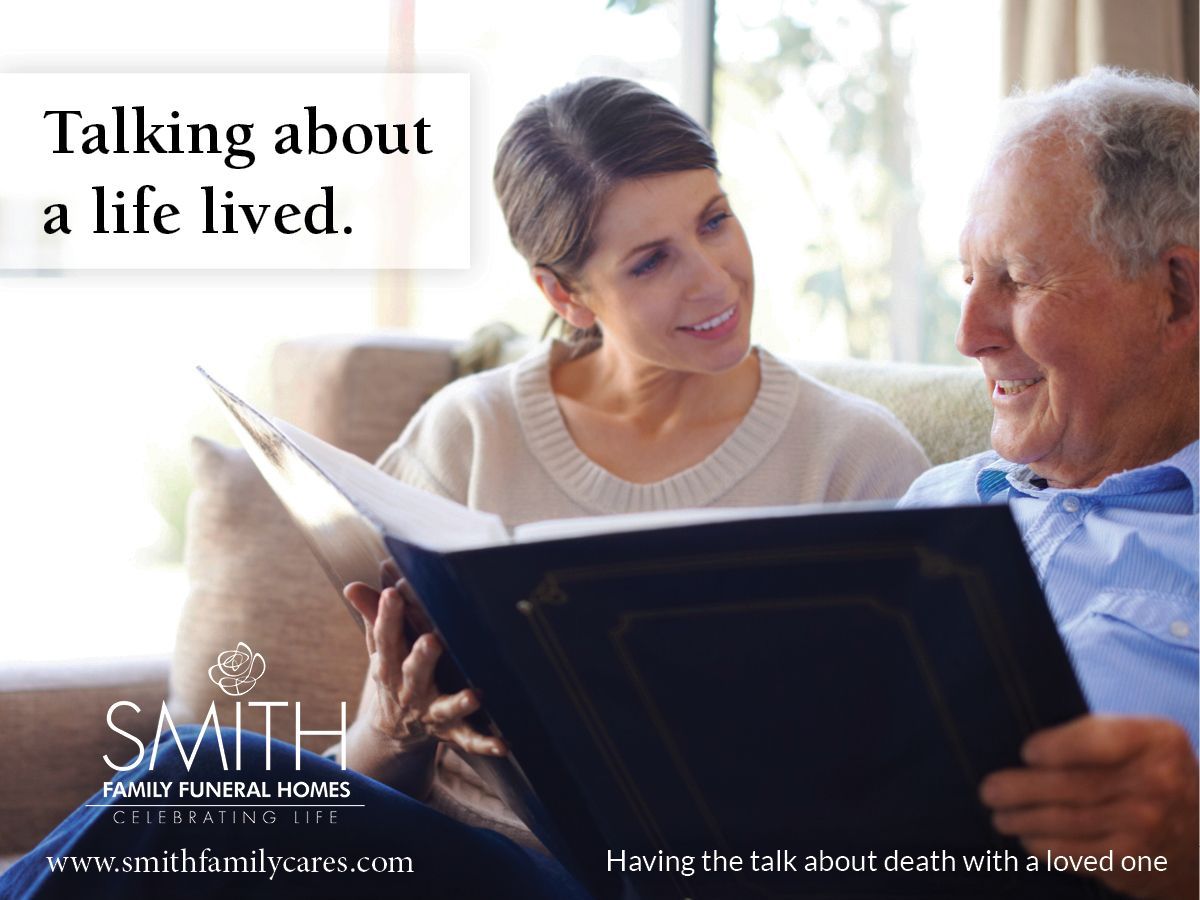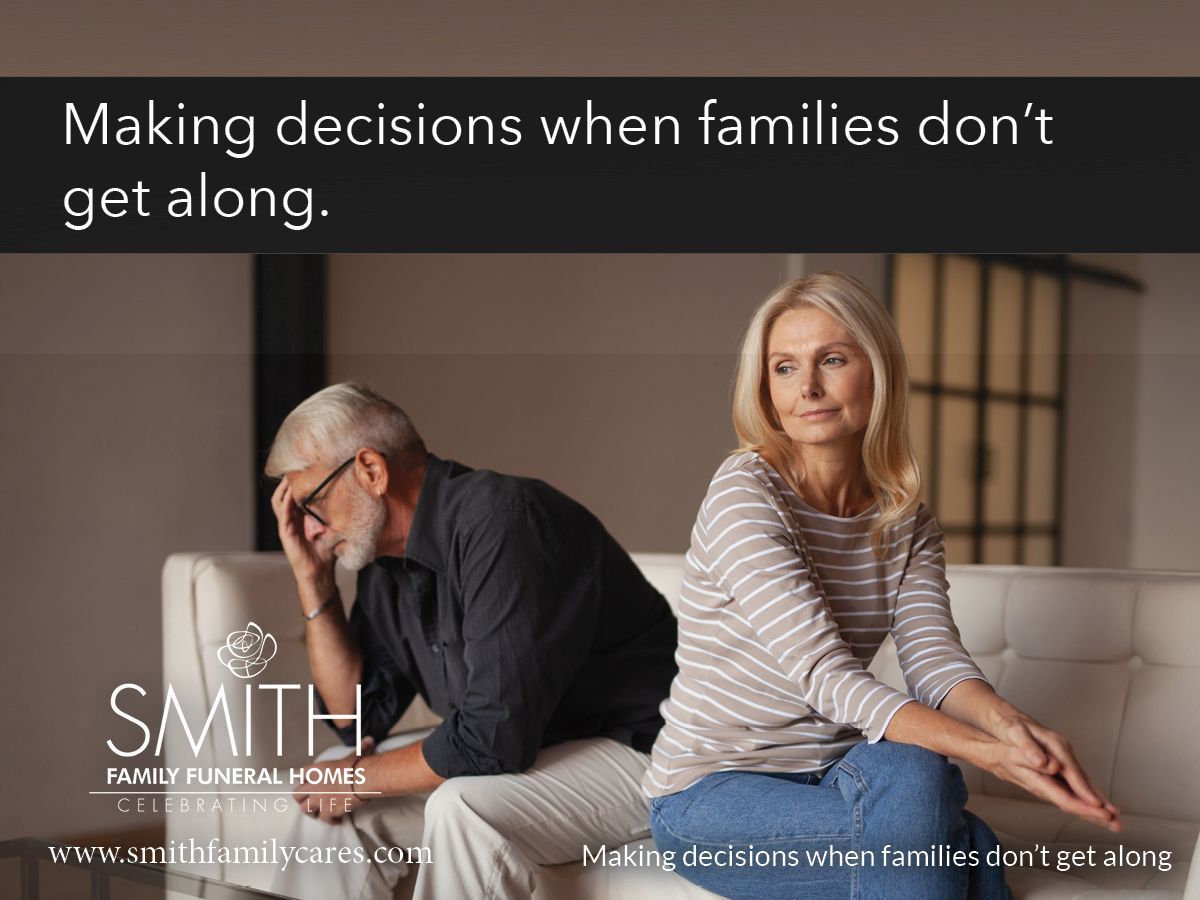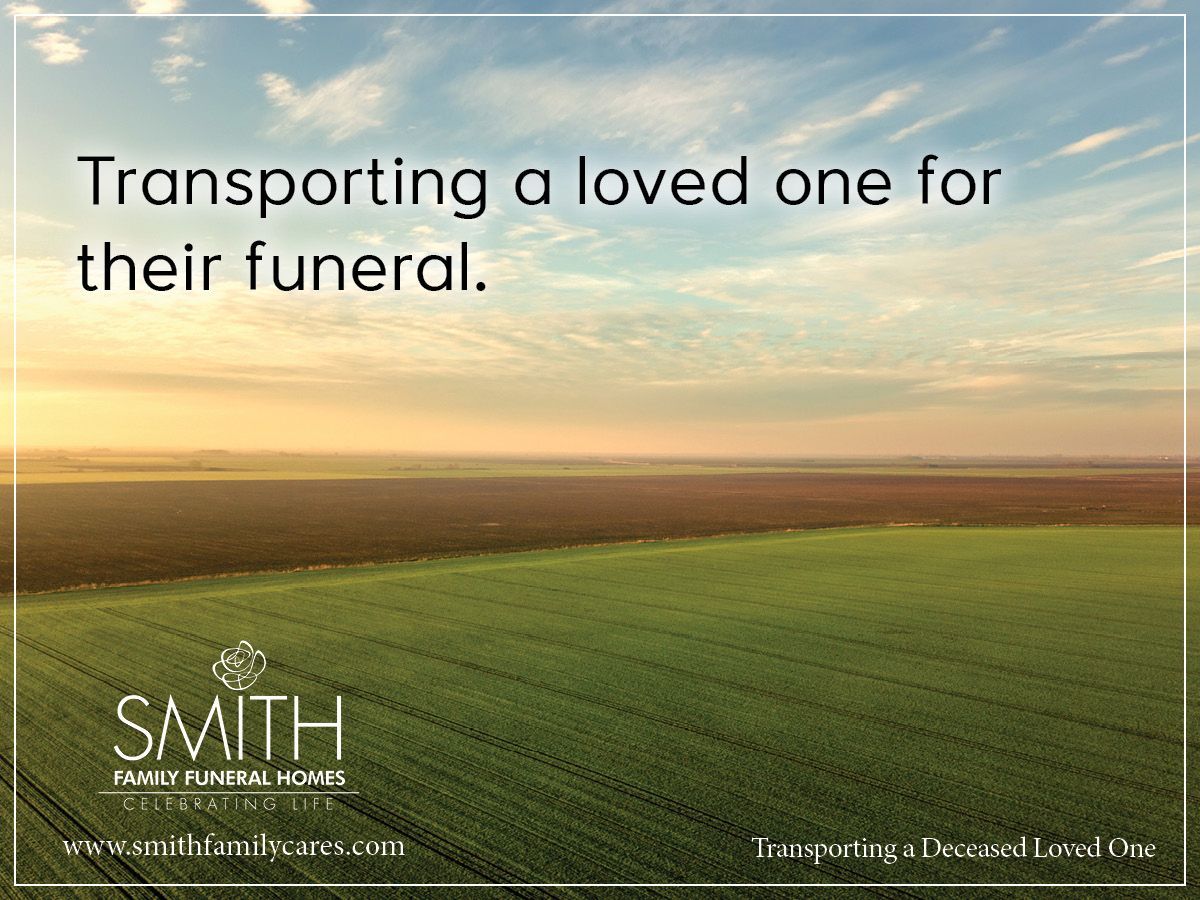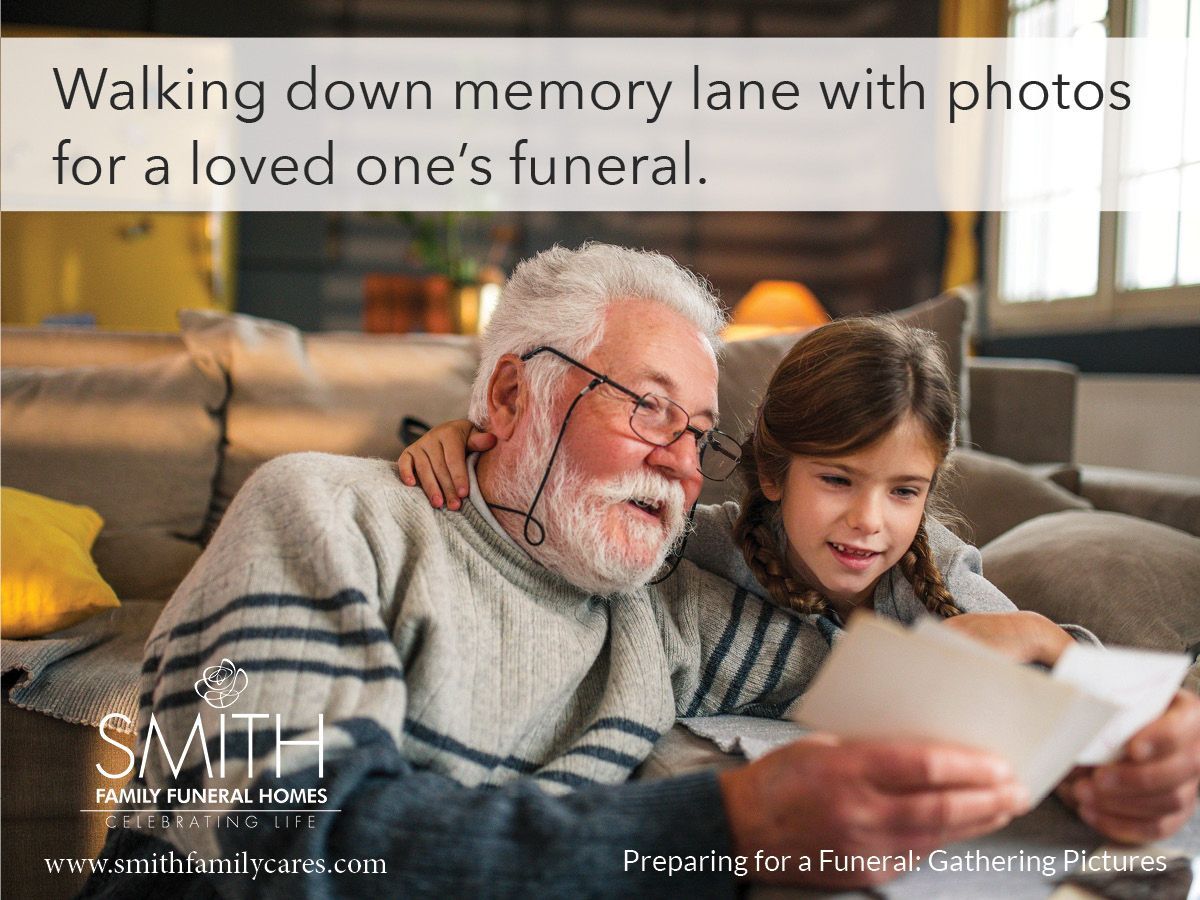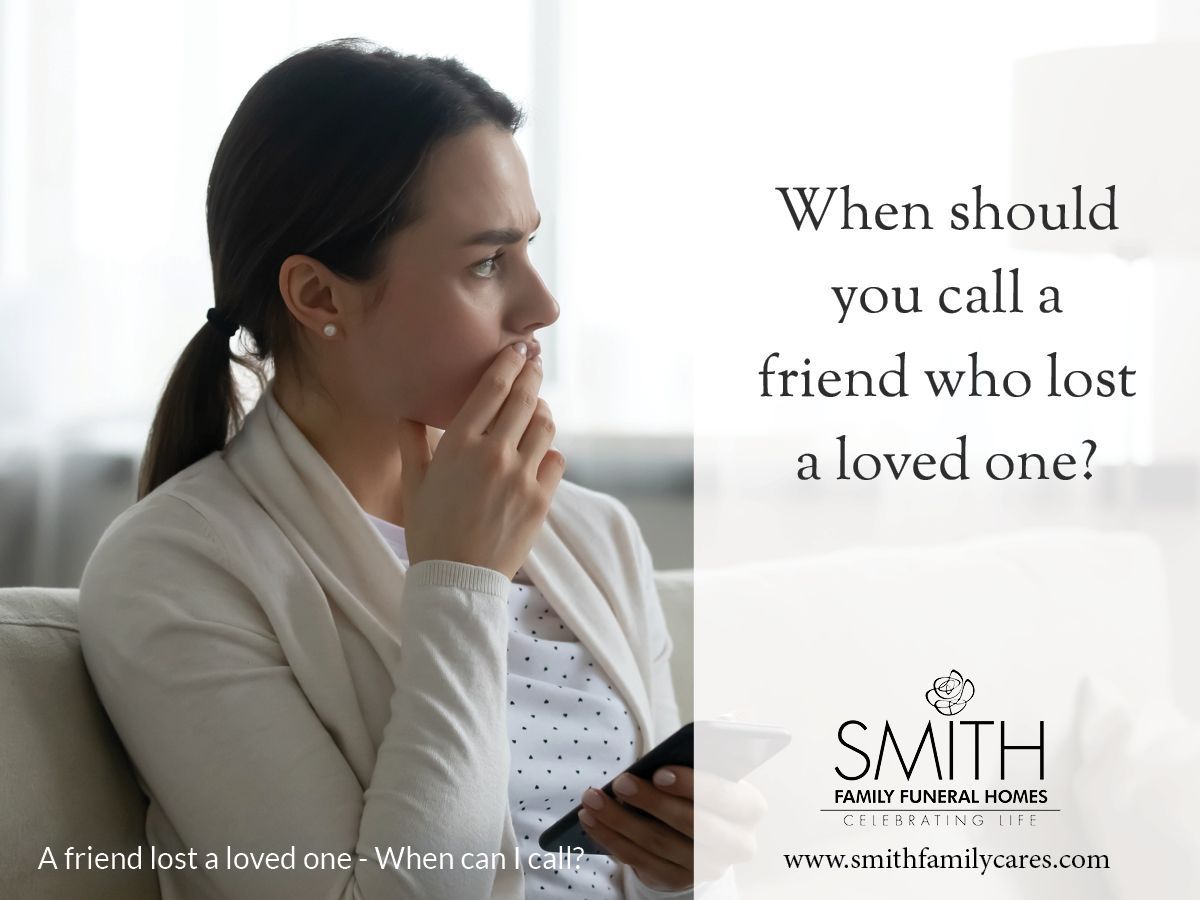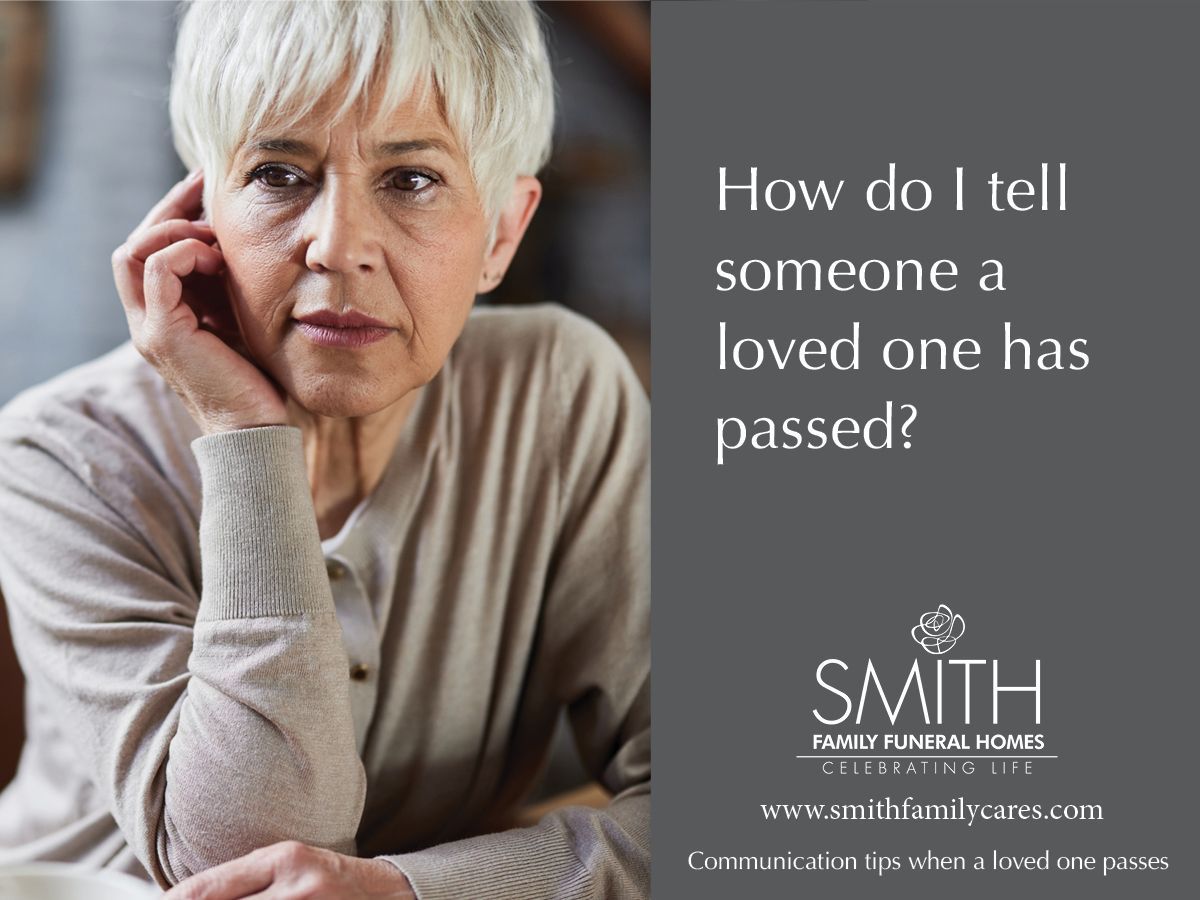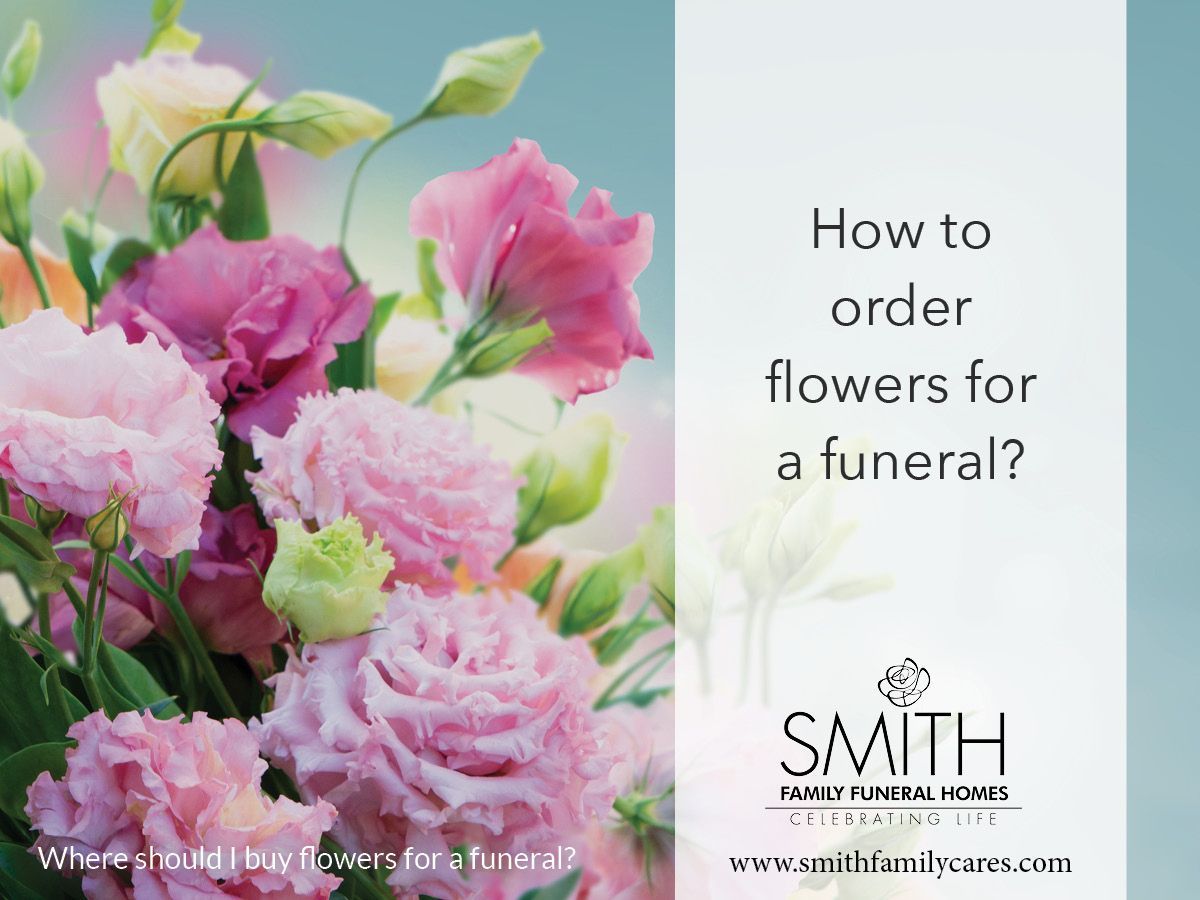
This is the first in a series of blogs where we will examine some of the many “feelings” of grief and look at how one can actively navigate their way through their own personal grief journey.
Grief is defined as the response to loss. It is most often thought of in relation to death. When someone we know and cared about dies, we grieve. People also grieve other losses as well. Divorce and loss of a relationship can trigger a grief response. Other losses that link to grief include loss of function related to an illness or injury. Not being able to do something that you once did with ease is a trigger for grief. A person may grieve when a friend moves away, or a pet dies. There are many causes for grieving but always, there is a link to loss.
Grief is a natural response to the loss of someone or something dear. Grief is painful yet healthy. You cannot love and lose that love without experiencing grief. Grief is not a weakness. Only people who have had the joyful experience of loving strongly can also grieve deeply. Grief is to love as light is to dark and sunrise to sunset. One is a part of the other. To avoid experiencing grief in life, one must never care deeply for or love another.
The way we grieve is individual. Everyone experiences grief in their own unique way. There is no right way to feel. There is no wrong way to feel. Judging another’s grief, or even your own, is a fool’s errand. A person whose life was intricately entwined with the deceased is often considered justified in grieving. While another family member, who has been more distant, may be dismayed by their own intense grief reaction. The way one feels is just that, it is their feeling. It just is. Some who grieve are surprised at the range of emotions they feel. These feelings come and go and may change from day to day.
In 1969 Elizabeth Kubler Ross wrote the book “On Death and Dying”. She described five stages of grief. Denial, anger, bargaining, depression, and acceptance. These stages have been criticized because they were incorrectly interpreted as being universally experienced in order. Today, Kubler Ross acknowledges the stages are not necessarily experienced in order and they are not experienced by everyone. It is now known that, although not universal, these five stages of grief are the most commonly observed in the grieving population. Kubler Ross’s stages are:
Denial – A numb feeling of disbelief
Anger – Why me? Life isn’t fair
Bargaining – Could I have prevented this? If only I would have …
Depression – Feeling bogged down in a fog, it’s just too much
Acceptance - The feeling that even though the loss is painful, you will be ok. “I am sad my husband died but I will be alright.”
Doctor Allen Wolfelt is a current writer on the subject of grief and mourning. He is the Director of the Center for Loss and Life Transition in Fort Collins, Colorado and the author of The Journey Through Grief.
Dr. Wolfelt tells us: “To mourn is to be an active participant in our grief journeys. We all grieve when someone we love dies, but if we are to heal, we must also mourn.”
There are six “yield signs” you are likely to encounter on your journey through grief—what I call the “reconciliation needs of mourning.” For while your grief journey will be an intensely personal, unique experience, all mourners must yield to this set of basic human needs if they are to heal.
1. Acknowledge the reality of the death. ...
2. Embrace the pain of the loss. ...
3. Remember the person who died. ...
4. Develop a new self-identity. ...
5. Search for meaning. ...
6. Receive ongoing support from others…
When you look at the work and words of these two celebrated authors on the subject of death and grief, it is plain to see how a funeral service is connected to loss, grief, and healing. Before there were books and writers, human beings instinctively knew that when one of their own died, they needed to pause and do something. The funeral is only the beginning, it is not closure. However, the funeral does help with getting past denial and accepting the reality of death. It does support “embracing the pain of the loss and remembering the person who died.” The funeral is a healthy beginning to the work of grieving.
Smith Family Funeral Homes provides quality funeral, memorial and cremation services to the families of Central Arkansas. Their six locations can be found in Little Rock, North Little Rock, Westbrook, Sherwood, Benton and Arkadelphia. With a privately-owned crematory operated by licensed professionals, Smith Family Funeral Homes can guarantee their high standard of care throughout the cremation process. To learn more, visit smithfamilycares.com.



